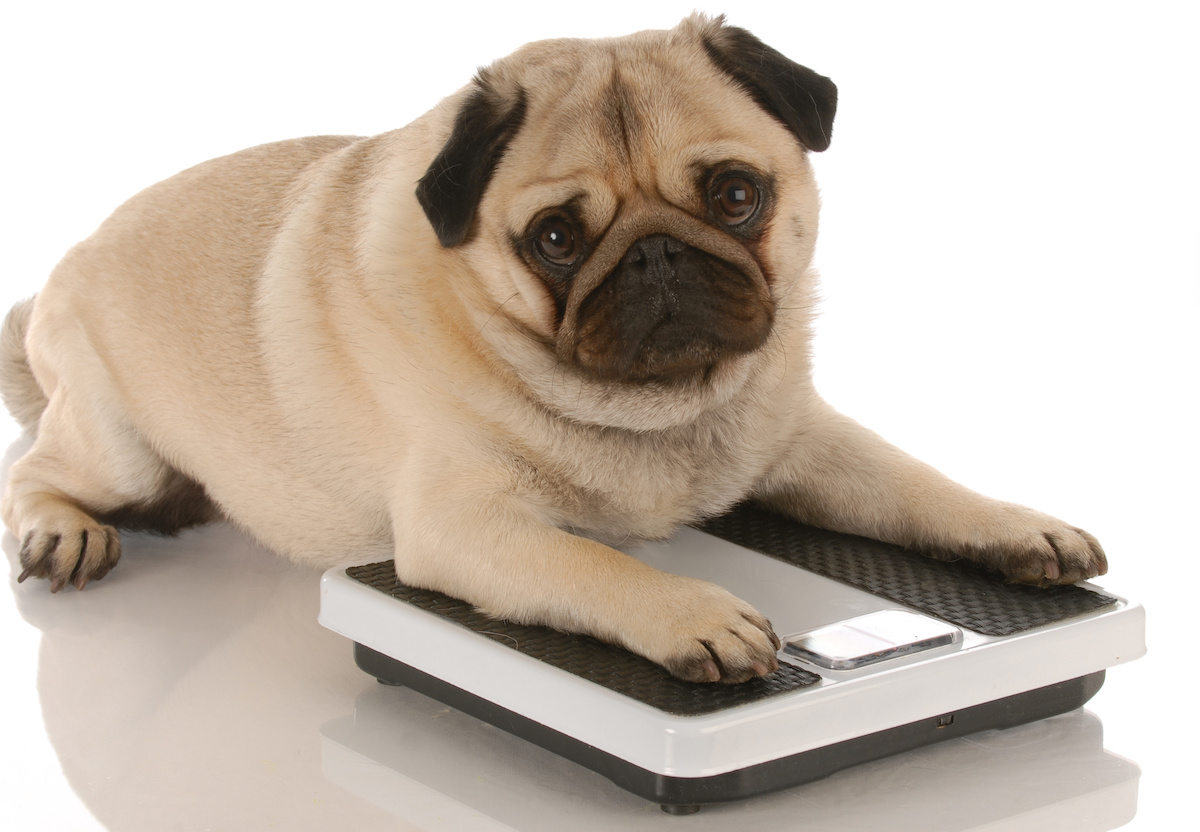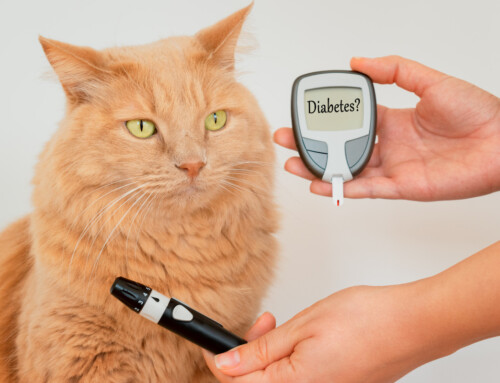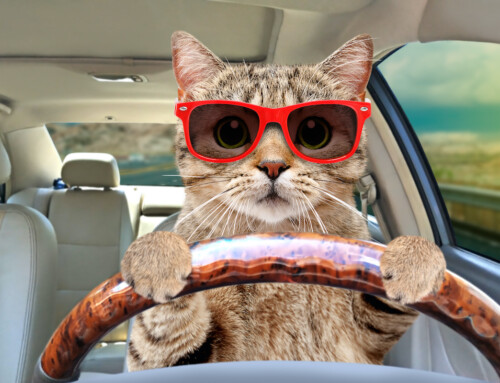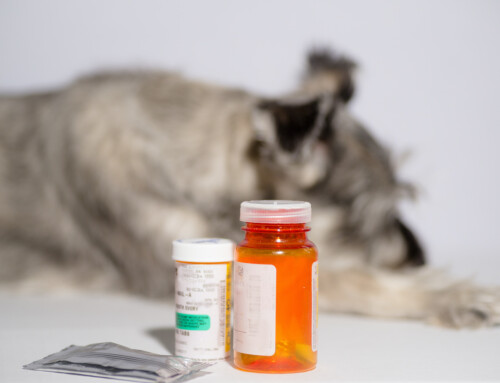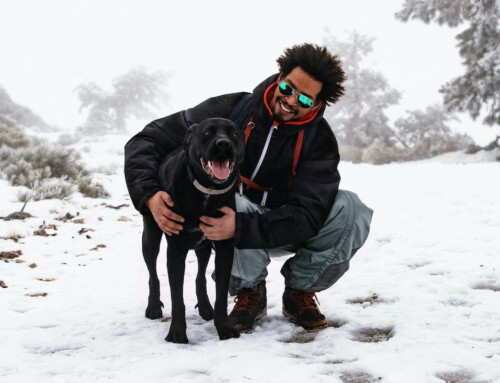We get these questions from our patients’ owners about this subject often:
- how much should my pet weigh?
- Is my pet overweight?
- Is my pet too thin?
Obesity in pets is an increasingly common problem. Being overweight is a very real condition with very real consequences to your pet’s health. The consequences of poor weight can include:
- cardiovascular and other heart-related diseases
- respiratory difficulties
- cancers
- joint problems
- susceptibility to infections
- diabetes,
- depression
- and many more issues
We will typically weigh your animal to see where they are at regarding their height, weight according to their breed. If they are under or overweight, we will be able to help guide you in returning your furry loved one to a healthy level. We will also be able to tell you the ideal weight of your pet based on its breed, age, sex, and physical condition.
PetMD.com Healthy Weight Calculator
PetMD has a healthy weight calculator that will let you answer questions about your cat or dog regarding age, weight, and body condition and give you a quick answer. We recommend that you still speak with your vet about your animal.
Body Condition Scoring (BCS)
There is a standard veterinary tool for judging the physical status of pets called Body Condition Scoring (BCS). Many pet owners and veterinarians are still more comfortable with weight as the primary measure of health. Pet owners are usually more compliant with following the weight loss plan if they have a target weight for their pet rather than a target BCS. It is easier to measure for the pet owner.
Dr. Angela Witzel at the University of Tennessee created a means to calculate ideal weight from BCS information. Dr. Witzel is a veterinary nutritionist.
BCS and Body Fat Percentage
Dr. Witzel and her group compared BCS scores (both the 5-point chart and 9-point scales for dogs and cats to the gold standard for the determination of the percentage of body fat, dual-energy X-ray absorptiometry or DEXA. Here are their findings regarding the correlations of BCS scores and percent body fat:
Calculating Ideal Weight for Cats and Dogs
With the chart above, we can estimate the ideal weight of an overweight pet.
Dog
100 lb.
BCS – 5 or 9 (depending on the scale used)
This dog is 40% overweight so its lean body weight would be 60% of its present weight.
100 lbs X .6 = 60 lbs.
The 60 lbs. amount represents a dog with no fat, which is not healthy. An ideal animal should have about 20% body fat, or 80% lean weight.
60 lbs/.8 = 75 lbs.
The ideal weight for our dog is 75 lbs. Stated differently, the ideal weight range is 70-80 lbs. This calculation is not accurate for grossly obese pets.
Body Weight Chart
A pet’s ideal weight can determine feeding guidelines. A pet must be fed fewer calories than the amount that would support their ideal weight in order to lose weight. Equipped with an ideal weight plan, your veterinarian can calculate the reasonable caloric requirements and then decrease by a percentage the amount that is appropriate and safe for the individual pet.
Having a defined target weight gives owners a goal and helps increase their compliance with the weight loss recommendations. In the bigger picture, these calculations are estimates. Also, metabolic changes occur during dieting or calorie restrictions that seek to preserve fat, so pets often encounter plateaus of no weight loss or short periods of weight regain. That is why regular monitoring is required for any weight loss program. Adjustment to caloric intake is the norm, not the exception. They don’t make an autopilot for weight loss.
MainStreet Veterinarians practices both conventional as well as alternative animal healthcare from our friendly office in Stone Mountain, GA. Offering mainly conventional veterinary medicine and surgery to also offering a wide array of alternative and holistic treatments to the veterinary community as well. Call us today to make an appointment with your beloved pet at 770-498-4620 or send us an email.



